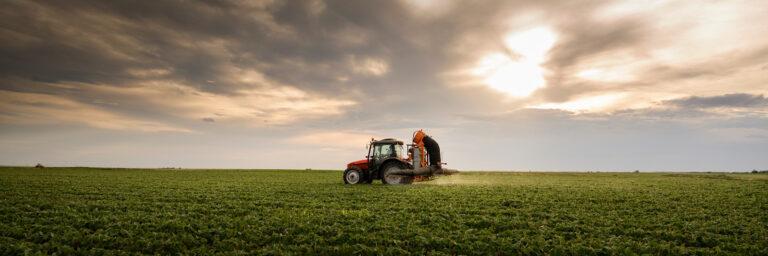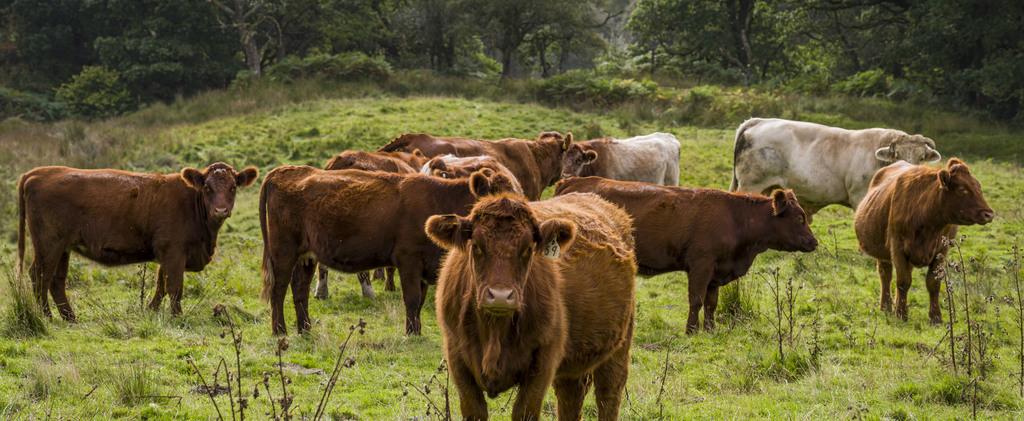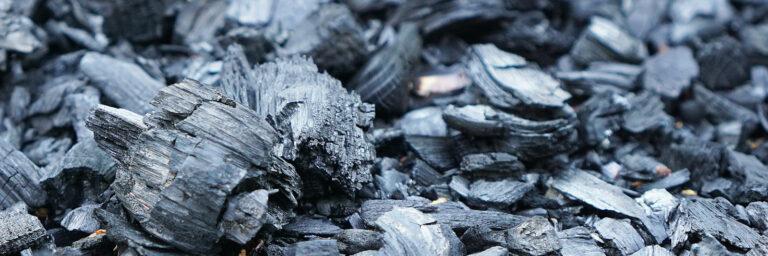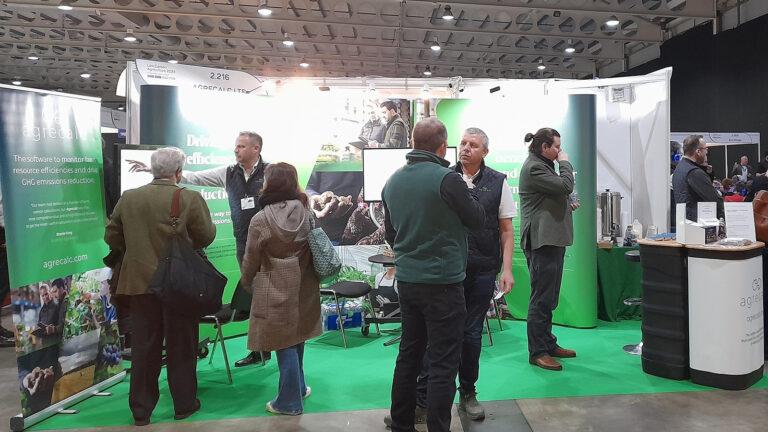
April Business Update: SRUC
After two years of operation as a Limited Company, Agrecalc became part of Scotland’s Rural College (SRUC) as of 1 April 2025.
The Scottish Government is responsible for policy and regulation of agriculture and rural affairs in Scotland. The Beef Efficiency Scheme (BES) is a £45 million scheme that was introduced by the Scottish Government in 2014, as part of a European Union programme, aiming to improve the overall efficiency of the Scottish beef herd.
The main objective was to support the national herd to be as efficient as possible, while reducing the emissions from beef production and improving herd profitability, to establish economically and environmentally sustainable operations.
The BES is operating on a five-year programme and is already contributing to a range of improvements, focusing mainly on cattle genetics and farm management practices. As an essential scheme prerequisite, all participants must complete an initial carbon audit for their businesses, and then update their audits twice in the next years of the scheme.
The Scottish Government decided to work with Agrecalc, our specialised online farm resource calculator, to identify the quantity and source of greenhouse gas emissions (carbon dioxide, methane and nitrous oxide) associated with farming activity.
Agrecalc was chosen with ease of use in mind and offered individual farmers a chance to look at mitigation options available for their farm that could reduce emissions and improve profitability.
We’ve chosen three use cases detailed below, to highlight the advantages and benefits of doing a carbon audit with Agrecalc.

"This is the direction that policy is moving in, and seeing the improvements made over the years has been really encouraging. We’re on a good track now and farmer perception of climate change and farming’s role in it is changing. Even if climate change isn’t a motivating factor for some, from a pragmatic view, carbon is cash and our business is better having done the carbon audits with Agrecalc.”
Scottish Government’s Beef Efficiency Scheme (BES) participant
The data required for completing a carbon audit with Agrecalc, are available to participants as part of a normal operation of their farm business and are employed to measure progress against the benchmark data captured during the initial audit.
Since 2016, Agrecalc has provided carbon calculations for around 1,350 beef farmers to ensure compliance with Beef Efficiency Scheme. Our farm carbon tool has also been accessed by accredited and trained external consultants through a custom-made portal and farmers themselves.
Agrecalc has proven to be very resilient and accurate, offering its essential services to farmers and the Scottish Government, while successfully processing and handling large accounts containing many clients with different requirements.
Given the essential resource flows between beef and other farm enterprises, Agrecalc collected and delivered results for all different enterprises on participating farms in the Beef Efficiency Scheme.
“The two carbon audits allowed us to monitor our performance and see if what we were doing was working. The improvements in the carbon audits were mirrored by our financial performance, so we have found that carbon efficiency is quite closely linked to financial performance.”
BW & J Orr, Commercial beef and sheep farm, South Lanarkshire

After two years of operation as a Limited Company, Agrecalc became part of Scotland’s Rural College (SRUC) as of 1 April 2025.

Biochar is a carbon-rich material produced by pyrolysing biomass, which offers a variety of potential agronomic benefits. In this guest article, Black Bull Biochar discusses how these effects work together to bolster productivity, sustainability, and resilience in farming.

The Agrecalc team is looking forward to welcoming you at our stand (2.844) at this year’s Low Carbon Agriculture Show, taking place on March 5 and 6, at NAEC Stoneleigh near Kenilworth.